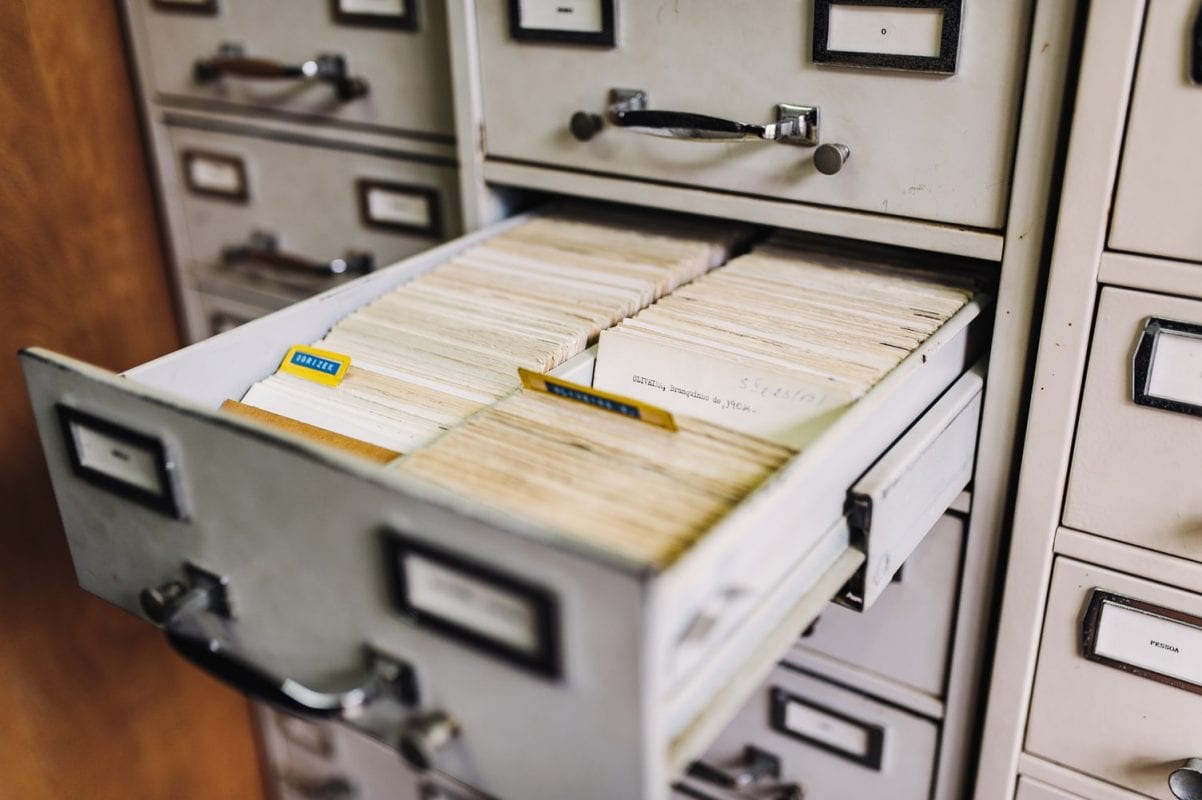If you are a small business owner who has never filed a tax return before, don’t panic if the January 31 deadline looms. Read our guide on UK tax tips and how to get organised with UK tax refunds.
Register with HMRC
If you are planning to submit your tax return online, you will need to register with the HMRC. They will send you an activation PIN by post, which can take a week. So plan ahead to register early.
Related Post:How to Appeal an HMRC Self-assessment Penalty
Organise Your Expenses
Stay organized throughout the year by filing all your invoices and receipts each month. When you have all your documentation in one place, tax season won’t have you too frazzled. Keep tabs on your travel and entertainment expenses too.
Get Acquainted with Your Unique Tax Reference Number
It’s important to make a note of your Unique Tax Reference number (UTR) on your tax return. This ten-digit number can be found on all your HMRC paperwork. This is important for UK tax refunds and UK tax tips.
Keep Track of Everything Else You Need:
If you are paid wages, you will have a P60 form indicating your salary and tax. Keep tabs on all your earnings: If you have recently switched from being an employee to starting out on your own, or have earned profits as a sole trader, or income from a trust. Include any interest you earned on savings in the bank. Interest earned on a cash ISA is not taxed.
How to Calculate Taxes When You Work from Home
If you work from home, you could claim part of your costs for: Council tax, Electricity, Heating, Mortgage interest or rent, Internet and phone usage. You can also claim for items such as: Business-specific insurance, accountancy fees, other professional services, stationery, office equipment like computers and printers.
Refer gov.uk for guidance on how to divide your costs depending on the amount of time you spend working from home or the number of rooms you use for business. The rules differ based on whether you have a limited company, are self-employed or are a partner in a business.
Excuses, Excuses
If you miss the deadline, HMRC could fine you £100 plus charge interest. If there’s a genuine reason for paying late, like a disaster, illness or theft, inform HMRC. Know what you need to do tax-wise and find yourself a good accountant or bookkeeper if necessary.
Related Post: How Do You Claim UK Tax Back?

